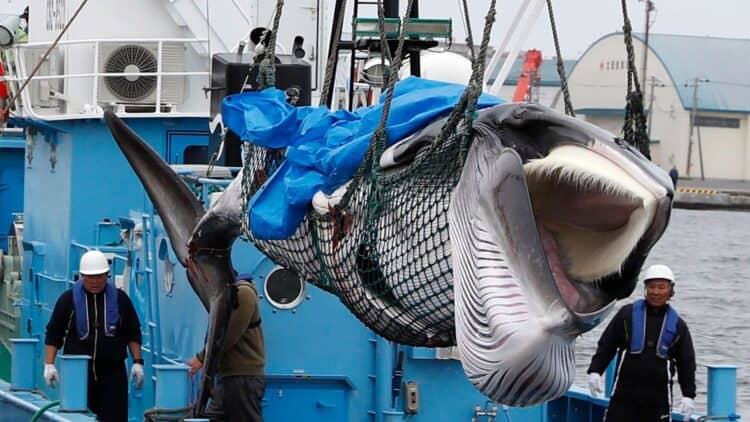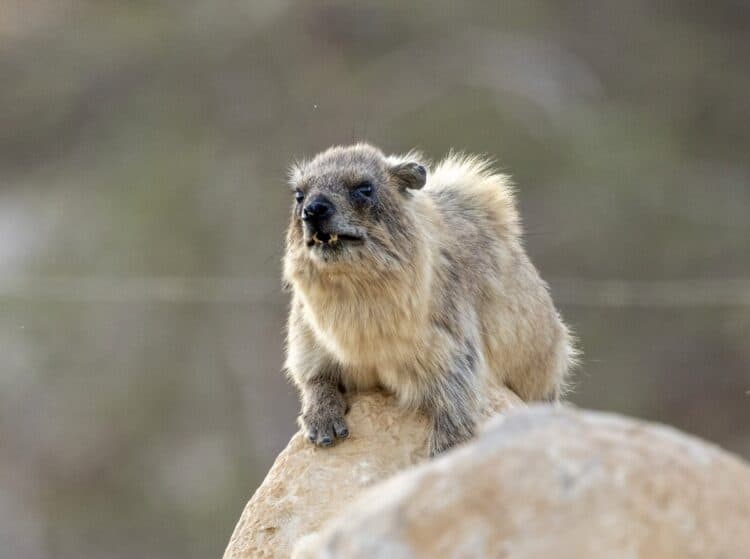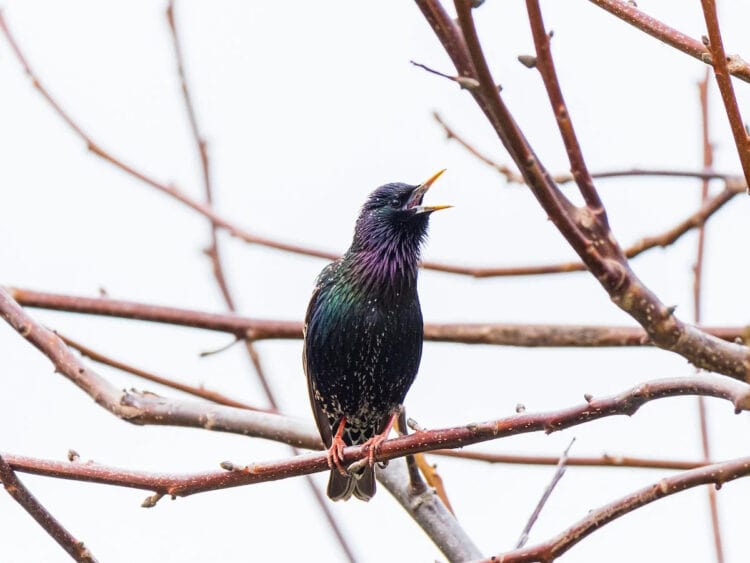
The EU has banned three neonicotinoid pesticides (imidacloprid, clothianidin and thiamethoxam) linked to the decline of bees for two years. The ban will apply to all flowering crops, such as corn, rape seed, and sunflowers. The move follows a flood of recent studies, some high-profile, that have linked neonicotinoid pesticides, which employ nicotine-like chemicals, to the widespread decline of bees seen both in Europe and North America.
The ban was first proposed after the European Food Safety Authority (EFSA) released a report in January that found the scientific evidence pointed to neonicotinoid pesticides as an “unacceptable” threat to bees. Still, the vote on the ban was not unanimous: fifteen nations voted for the ban, eight voted against, and four abstained; but it was a large enough majority that the ban to the European Commission, which has signaled it will implement the ban as early as this summer.
Not surprisingly, pesticide companies have vociferously opposed the ban. They argue that bee colonies are collapsing from varroa, a parasitic mite, and that the pesticides have no impact on bee colonies, despite findings. Most scientists believe that bees are suffering from a combination of disease (such as varroa mites), habitat loss, and pesticides.
Research has shown that neonicotinoid pesticides do not kill bees outright, but instead impact their behavior by disrupting brain functioning. This appears to cause bees to lose their ability to navigate and successfully forage for the hive. One innovative study found that bees fed with high fructose corn syrup (a common practice) tainted with pesticides resulted in the collapse of 15 out of 16 hives over six months.
However, the pesticide industry has warned that banning the chemicals, which first came on the market in the early 1990s, will result in high food prices and lower yields. In addition, they saw that farmers will simply turn to older pesticides. But many environmentalists argue that there is enough good data now to link these pesticides to ongoing bee decline and that the ban is a positive first step.
“At last, the politicians are starting to listen to the science. This is a good start, but this ban will not be robust enough,” Vanessa Amaral-Rogers, Pesticide Officer with NGO Buglife, said in a statement. “In reality, a two year suspension is not enough to see our bee populations recover. Neonicotinoids have a half-life (the time taken for half of the chemical to disappear) in soil of over three years, and will still be used on winter crops. The next step is to put a monitoring program in place which will assess how all pollinators, not just honeybees, are doing as a result of the ban.”
This article was written for Mongabay.com and reposteed on Focusing on Wildlife.







Leave a Reply